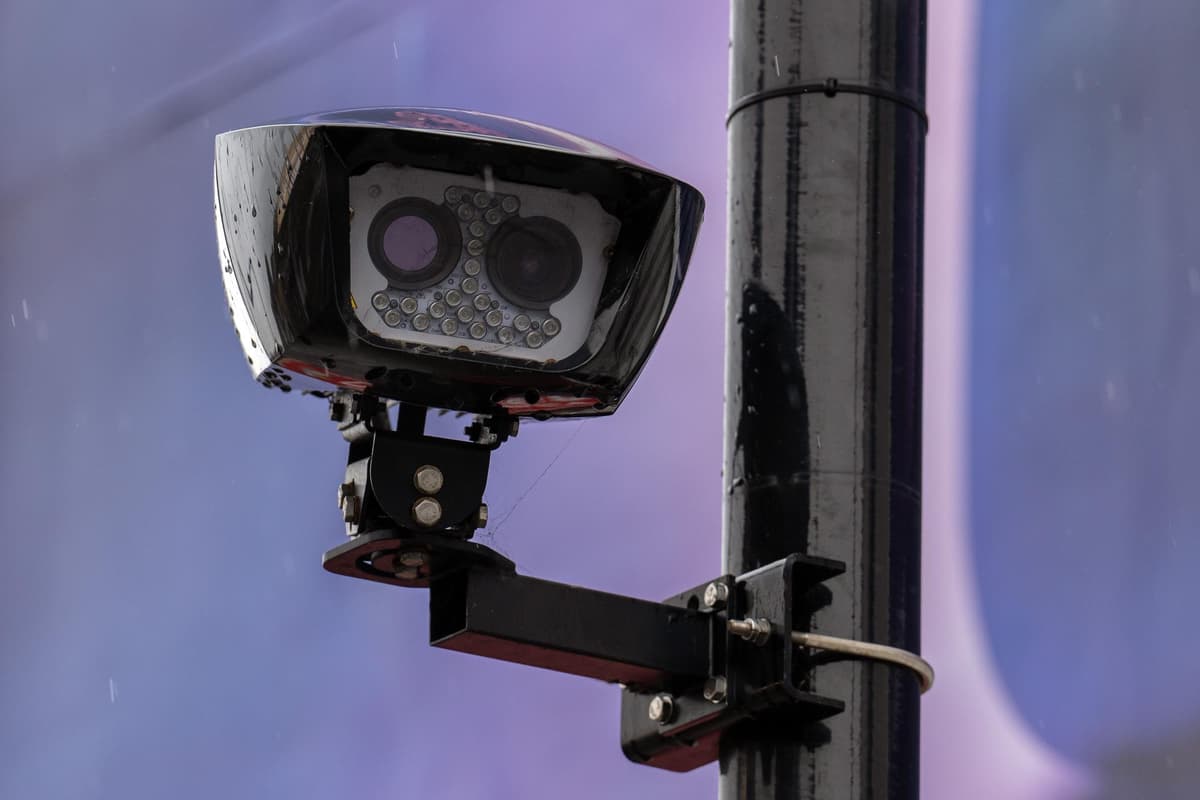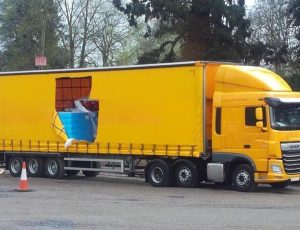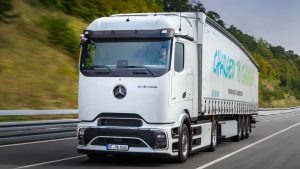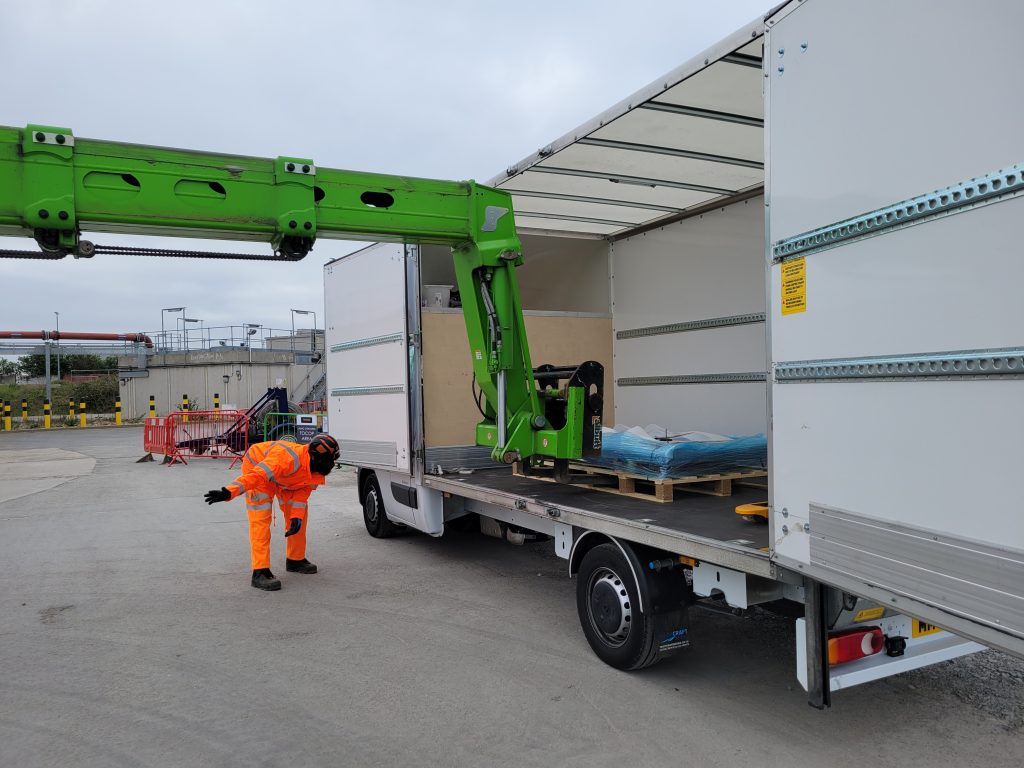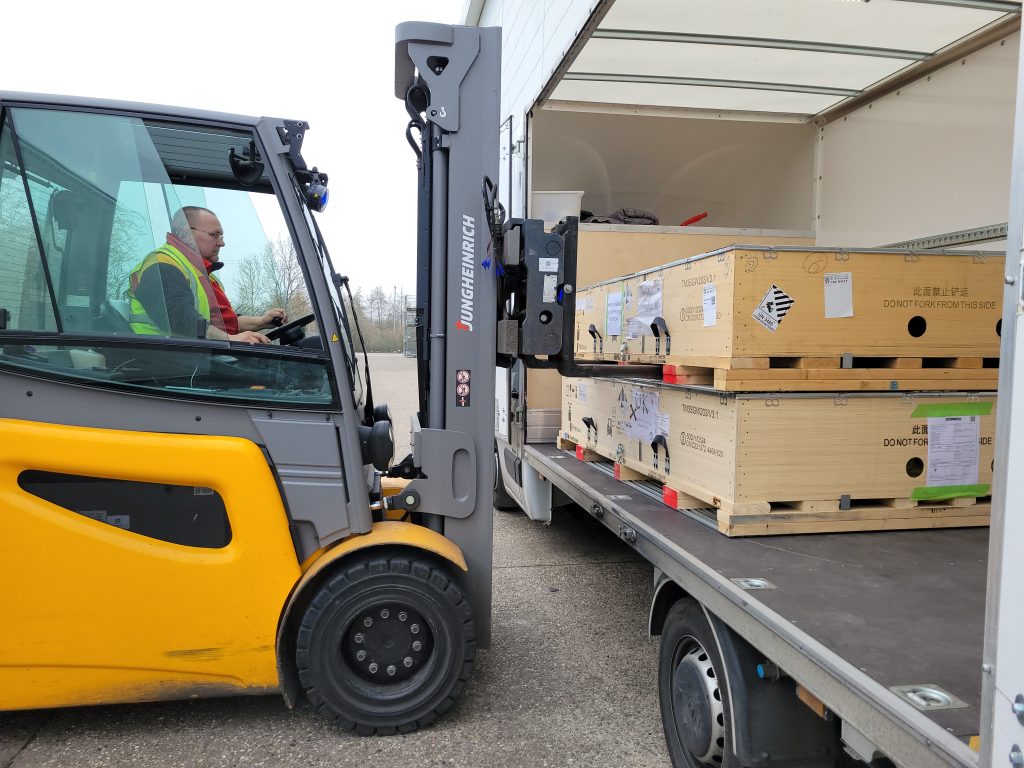With the imminent opening of the new Silvertown tunnel comes the news of new toll charges for it and the existing Blackwall tunnel. Until now the Blackwall tunnel has been free to use for all vehicles. As of Spring 2025 both tunnels will cost a car £4 each way, larger vehicles will cost more. This beggars the question; is this another stealth tax? Or a genuine attempt to reduce the amount of traffic crossing under the Thames.
The London congestion charge was introduced back in 2003 with a view to limiting the amount of traffic entering the capital. 21 years later the traffic is worse than ever. At £15 a day to enter the zone coupled with the new ULEZ charges it can easily cost £30 just to visit the capital for older vehicles. That’s also assuming you’re in a car. For larger vehicles the cost skyrockets to over £100 a day.
Many people would argue that these are necessary measures to reduce traffic, increase road safety and improve air quality. Others would argue that these measures are simply an easy way to raise money at the expense of road users. Given that traffic seems worse than ever in London and despite increasing 20mph limits collisions are common. Coupled with slow adoption of EV public transport and even slowing EV conversion rates of diesel buses it’s hard to see the environmental benefits.
Electric cars and commercial vehicles are currently exempt from the congestion charge. This is set to change in 2025. All vehicles will have to pay the daily charge. Exemption from the congestion charge was a driving factor in the adoption of EV’s in London. Now this perk is being removed how many people are going to stick with electric, considering the inconvenience of charging in the capital? Many London based couriers use EV vans for same purpose. Will they convert to cheaper to operate diesel after the exemption is removed?
For hauliers and transport companies outside of London these charges pose a challenge for delivering into the capital. The ULEZ has been a pain point for small companies and sole traders who simply don’t have the capital to replace their vehicles with EURO 6, soon EURO 6.5 and 7, compliant vehicles. As a result, this limits their ability to deliver into the city and a loss of potential earnings. This problem is set to worsen as other cities adopt ULEZ and Clean Air Zone initiatives. Even for companies who can modernise their fleet there can be significant costs delivering into London daily. Customers are reluctant to accept higher costs due to congestion charges. These must be absorbed. Parking fines are a constant concern due to a chronic lack of loading infrastructure. Accidental hashed box junction violation charges. The list goes on.
Ultimately, London continues to grow. The demand for goods is increasing as it is in all cities. Yet, the government and councils seem more focused on making it harder for couriers to deliver. They seem more focused on revenue than environment. Implementing measures that make it simply unaffordable for some companies to operate in and around the capital.

